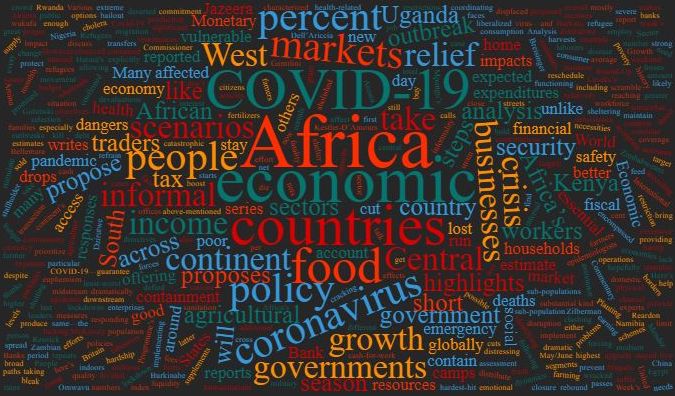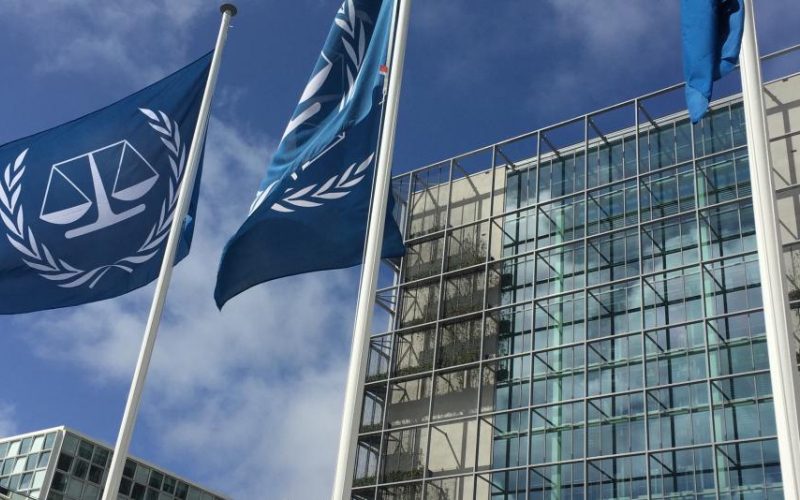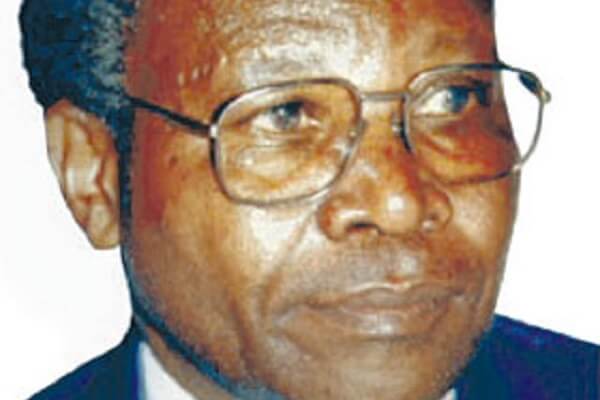Jane Muhia
In dealing with a crisis such as the COVID-19 pandemic, there is a lot at stake and it is the responsibility of the government to ensure a balance is struck between the various human rights at play. The rights to health, accessible and adequate housing, reasonable standards of sanitation, freedom from hunger and adequate food, access to clean and safe water, social security and education. These are all economic and social rights guaranteed under Article 43 of the Kenyan Constitution.
Although the socio-economic rights are to be progressively realised in view of the resources available to a State both under the Kenyan Constitution (Article 20(5) and the International Convention on Economic, Social and Cultural Rights (ICESCR) (Article 2), the Committee responsible for the monitoring of ICESCR has specified that there are ‘core obligations’ that every state must fulfil regardless of the State Party’s resources.[1] This is informed by the very reason of the existence of these rights in a Convention or in a state’s constitution. Notably, the Kenyan Constitution is a tool of transformation and the inclusion of the socio-economic rights in the Bill of rights is an indicator of the intention to bridge poverty and inequalities of access to the very basic rights that are essential to human survivor.
The Committee has thus emphasized that there are minimum standards that every State must meet, regardless of the resources available. This is contained in Paragraph 10 of the General Comment on the Nature of State Obligations, as adopted by the Fifth Session of the Committee on ESCR on 14th December 1990, which are essential foodstuffs, essential primary health care, basic shelter and housing or basic forms of education.
Consequently, the responsibility of the State is anchored in law as well as the legitimate expectations of the citizens of their government, especially when they are unable to go about their normal activities that would enable them earn an income and meet their needs. Highlight below are the emerging concerns on access to health, access to food and water, access to housing and access to education.
Access to reasonable standards of health
The pandemic is a true test to our health system as we deal with an unprecedented event whose magnitude cannot be predicted.
However, concerns have arisen over the access of other medical facilities at the country’s main referral hospital and its’ capacity to continue to provide other health needs. The order banning movement in and out of the defined Nairobi Metropolitan area, Kwale, Kilifi and Mombasa has raised questions on what happens to persons travelling from outside these areas to access specialised healthcare in their referral facilities. Will they be allowed in? This is especially so in the wake, of the criticisms in the enforcement of the curfew characterised by indiscriminate harsh enforcement without due regard to persons faced by unique circumstances.
Consequently, we urge the national government in collaboration with the respective county governments to ensure that, even in implementation of the orders, Kenyans who need medical care that is only available in the capital are able to continue to access those facilities. Additionally, as the government takes measures to enhance capacity of the hospitals dealing with persons being treated for COVID-19, there is also need to ensure due regard for other critical facilities provided by the hospitals marked as isolation facilities. Similarly, hospitals are taking measures to decongest their facilities in line with the guidelines on physical distancing, which calls for enhancement of their capacity, not only, of personnel but also infrastructural and equipment capacity even if by temporary measures to ensure Kenyans are able to access health care.
Access to Food and Water
There is a lot of news stories and statements that the government has channelled funds towards provision of food essentials, including as highlighted in the President’s latest statement on 6th April 2020, where he directed the national treasury to transfer Ksh. 2 Billion from money recovered from corruption towards these efforts. The country has also set up the COVID-19 Emergency Fund, that is receiving donations from individuals, corporates and other institutions. Further there is the support being received from international institutions including the World Bank. We have also seen public officers donating percentages of their monthly pay to the efforts to tackle the pandemic.
These are all great efforts, however, there is a sense of apprehension from most Kenyans on how the funds will be utilised. What will be the criteria for eligibility to receive the support? Who will be regarded as needing support and how will the support actually reach them? Understandably so, this apprehension is born out of past experiences and the prevalence of corruption, where the elite will still seek to benefit from such funds, money recovered from corruption might end up in the hands of the very people it was recovered from.
In this regard, the government needs to provide information on a clear implementation plan on who the support will be provided to, how the support will be distributed in a non-discriminatory manner and how transparency and accountability will be guaranteed, and who will be held accountable for any misappropriation.
Access to housing and shelter
One of the key topics at the moment is housing seeing as most Kenyans in urban areas and especially those in the lower economic status bracket live in rented housing. Inevitably, due to effects of the pandemic on income a majority of Kenyans in the urban areas might not be able to meet their rent obligations. Although we have seen banks commit to extending loan repayments period for clients which is a major concern for the owners of rental houses, there has not been any direction or assurances on waiver or adjustment of the terms of payment for residents.
In his latest statement, the president quiet literally left people at the mercy of their landlord’s benevolence. However, Kenyans need a directive from government on the issue. The government should consider negotiation on the residential rent income taxes for landlords who are willing to negotiate rent terms, just as it has done for personal income tax and corporate tax. This is especially so considering, that the option of moving back to rural homes in case one is unable to pay rent is not possible with the ban on movement and the risks in further spread of the pandemic to vulnerable populations.
Access to education
whereas there has been measures to provide learning materials through various online platforms and by private institutions as well as the Ministry of Education. The reality is that most of these materials are not accessible to learners especially in the rural areas or in poor households due to unavailability of the necessary gadgets, electricity and even internet connectivity.
Without much of a care, the Government is insisting that learning is going on at home whereas it is known to them that internet connection is not universally available and is not accessible to the majority of the intended students. This policy discriminates the poor marginalised members of the society.
There is therefore need to ensure that these children have equal opportunity as their colleagues who are able to continue with learning through the use of technology. Consequently, measures have to be put in place to ensure access to the learning materials even if in hard copies, distributed at the smallest levels of administration. Further there is need for a comprehensive plan on how to address the effect of the pandemic on the education sector in the long term.
CONCLUSION
We applaud government’s efforts to address the pandemic as well as cushion citizens from the impacts of the pandemic. We also note that certain interventions require time and resource in place, such as bridging the gaps in access to technology. However, we urge government to address the gaps to the greatest extent possible by engaging with stakeholders and finding solutions to avoid aggravating the inequality gaps between the rich and poor in this country, whose effects might persist for a long time in the future and set back the progress we had made as a country.
We also urge government to enhance transparency and accountability especially in the utilisation of the resources directed towards these efforts, to ensure that help reaches those who need it and past mistakes are not repeated.
Jane Muhia is ICJ Kenya’s Programme Officer – Economic Governance: Democratic Governance and Rule of Law Programme
[1] UN Committee on Economic, Social and Cultural Rights (CESCR), General Comment No. 3: The Nature of States Parties’ Obligations (Art. 2, Para. 1, of the Covenant), 14 December 1990, E/1991/23, available at: https://www.refworld.org/docid/4538838e10.html [accessed 7 April 2020]











